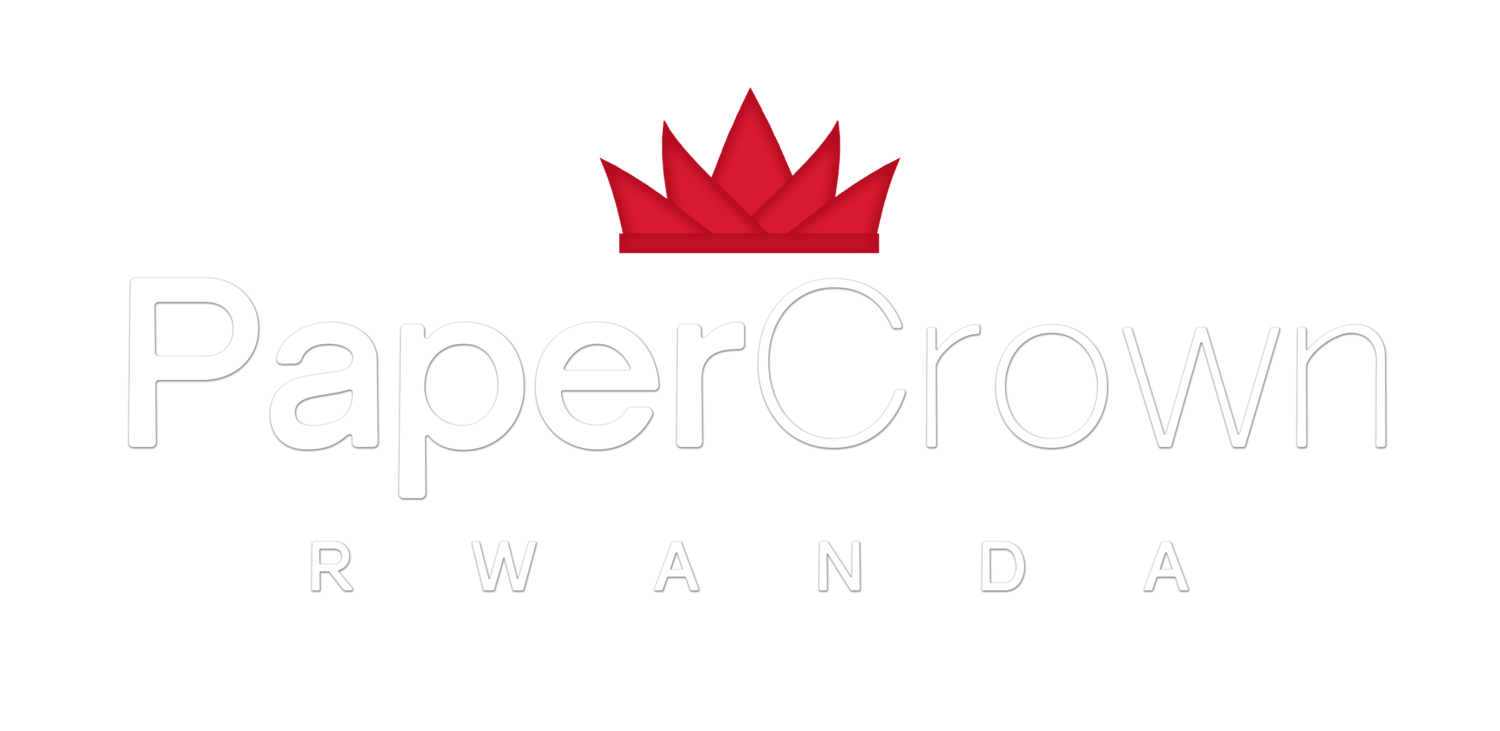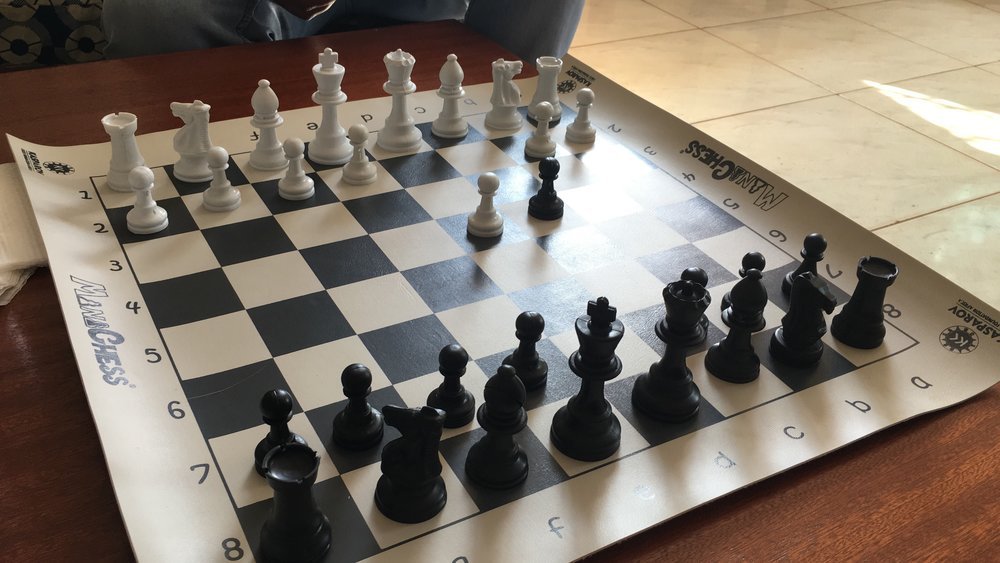Past Projects
The Uwicyeza Project was our very first project, which launched in 2015 and was hugely successful. Check out the short video below documenting the incredible progress of our girl participants!
The project model that Uwicyeza was founded on has become our cornerstone approach to engaging youth and is now replicated through other projects and clubs, including the highly successful Queen's Gambit and our newest flagship gender transformative program model, My Voice, My Power.
Get inspired and check us out!
Uwicyeza (ooh-wee-CHAY-zuh):
(n) the one holding brightness; beautiful and radiant inside and out and making others beautiful and radiant.
The Uwicyeza Project is a comprehensive participatory educational model focusing on gender education and skills development for secondary school girls in Rwanda.
Educational workshops are coupled with in-depth mentoring relationships facilitated by a team of young Rwandan women mentors, providing students with critical knowledge supported by practical skills that will support them on their journey towards becoming successful and confident young women.
The Benefits of Uwicyeza
Increased self-confidence
Critical thinking and problem solving skills
Improved public speaking and personal presentation skills
Community leadership
Hands-on practical experience with project management that has a positive social impact
Invaluable mentoring relationships with young Rwandan women role models
Vital gender knowledge
Awareness and understanding of GBV and resources available to victims
How it works
In 2015, the pilot program of the Uwicyeza model took 22 girls through the full training program in order to validate and test the project model. The model focused on of a series of comprehensive workshops designed to prepare young girls both personally and professionally for the various opportunities and challenges they will likely encounter throughout their lives, including gender discrimination and violence.
Participants progressed through a series of six interactive workshops that focused on the following topics: basic gender education, gender-based violence, career building and networking, leadership, community development and effective mentoring relationships. Upon completion of the core curriculum, participants were split into four groups. Each group was matched with a team of young Rwandan women mentors of mixed ages and backgrounds, based on factors such as personal and professional interest, knowledge, and experience. Working together, each group of students took on the final task of developing and executing a small-scale community development project of their choice, throughout which their mentors provided guidance and assistance under the general oversight of the Paper Crown management team.
Mentor Matching & Final Project
The Uwicyeza Project seeks to build confidence and teach girls new skills not just through classroom learning, but by practical hands-on implementation that is driven by the students themselves. Upon completion of the core curriculum, students are asked to use what they have learned to identify a need or opportunity within their own community, and then apply these newly acquired skills in the creation and implementation of a small-scale community project of their choosing that is in line with community needs. Each group of students will receive a small financial subsidy for project development in order to support their group work. They also receive weekly in-depth consultation from their team of mentors to help them refine their goals, strategies, and tactics for the project. Ongoing support is provided throughout the following six weeks of their project implementation, and achievements are showcased and celebrated at a final graduation event.
Breaking new ground: The Queen's Gambit
The Queen’s Gambit is a unique, girl-friendly 12-week educational project focusing on gender knowledge and skills development for secondary school girls in Rwanda. This project also involves the study and practice of the game of chess as a learning tool to foster numerous developmental benefits, including advanced critical thinking and mathematics skills, pattern recognition and analysis, and problem solving.
Check out our short film documenting the THIRD cycle
of The Queen's Gambit in Rwanda!
The first two cycles of the project were an incredible experience.
You can also watch our short film of the first cycle and the second cycle here, to see the ripple effect of positive social change happening right before your eyes.
The Queen's Gambit is one of the oldest known chess openings in the history of the game of chess itself. It was referenced in the Gottingen manuscript of 1490 and was later analyzed by masters such as Gioachino Greco in the seventeenth century. During the early period of modern chess, queen pawn openings were not in fashion, and the Queen's Gambit did not become common until the 1873 tournament in Vienna. The Queen's Gambit is still frequently played and it remains an important part of many grandmasters' opening repertoires.
Drawing our inspiration from the concept of the queen’s gambit as a grandmaster’s opening move in a game of chess, our capacity building empowerment project for girls known as The Queen’s Gambit, , will focus on laying the practical foundation that girls need to make the best strategic moves for themselves in the game of life. The Queen’s Gambit is based on the content and structure of our highly successful cornerstone program, The Uwicyeza Project, but additionally incorporates training and mentoring sessions from chess experts in Rwanda at the close of every workshop, during the process of rolling out the core curriculum.
Following six weeks of basic chess training embedded within our girl-friendly curriculum, the students’ own community projects will also be designed to include the game of chess in some facet to reach out to even more young people in different communities, involving both understanding and playing the game of chess as well as using the game as a learning tool to foster numerous developmental benefits, including improved academic performance. Students are coached and supported by trainers from the Rwanda Chess Federation, working hand in hand with PCt. Upon completion of the project, students participate in a graduation ceremony and a closing chess tournament to promote friendly competition and celebrate their achievements. One project cycle lasts three months and typically hosts 24 girls.


